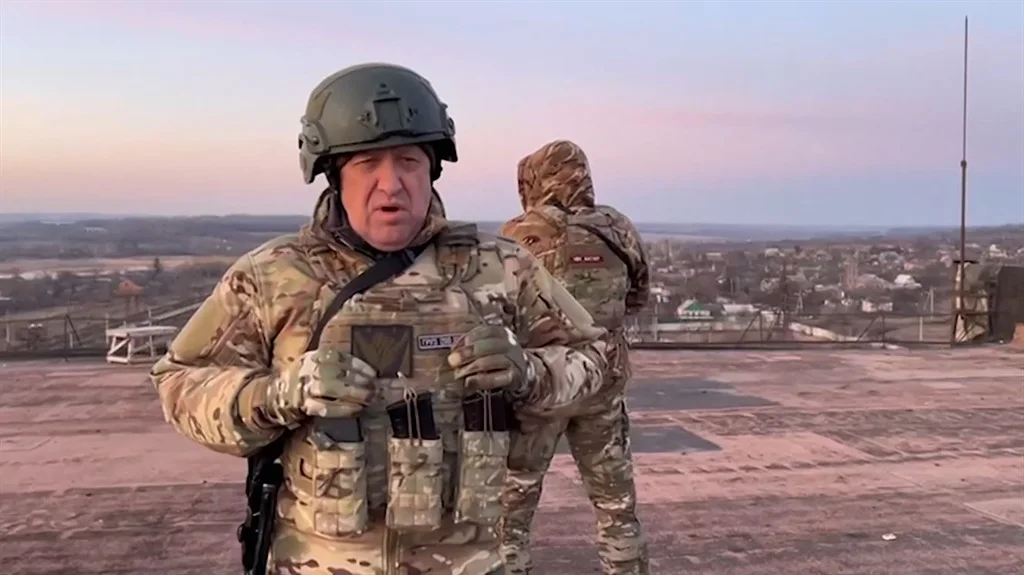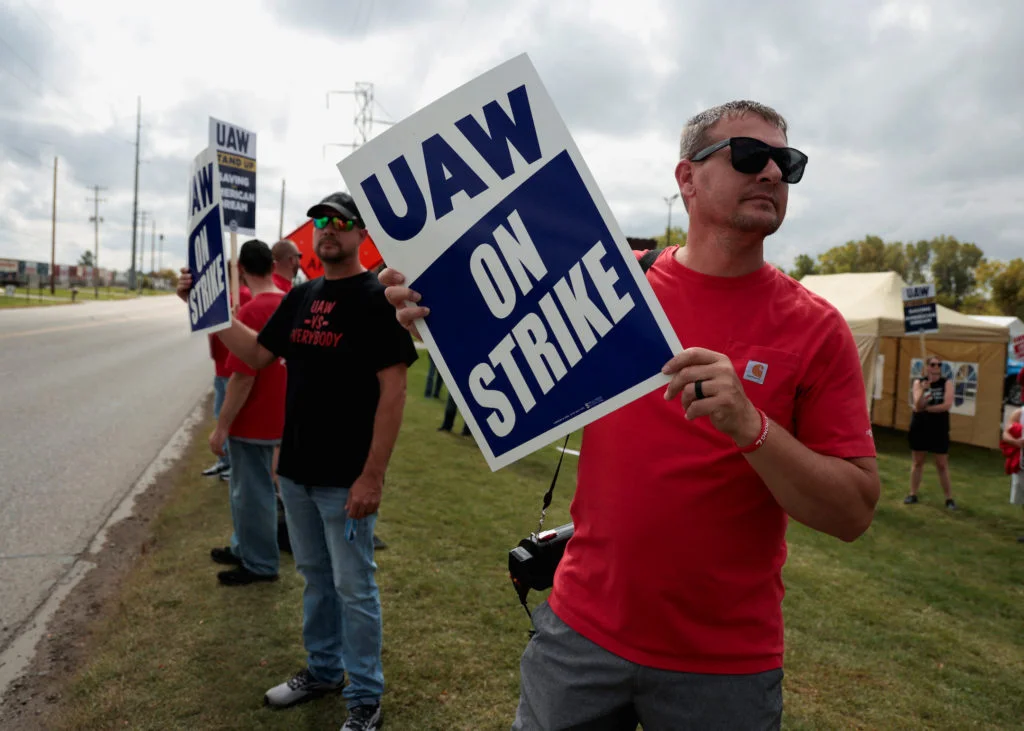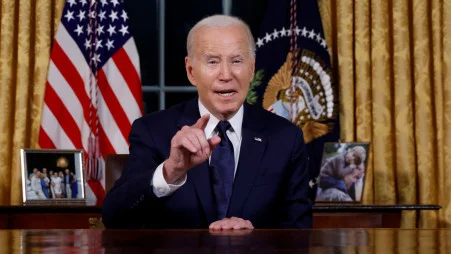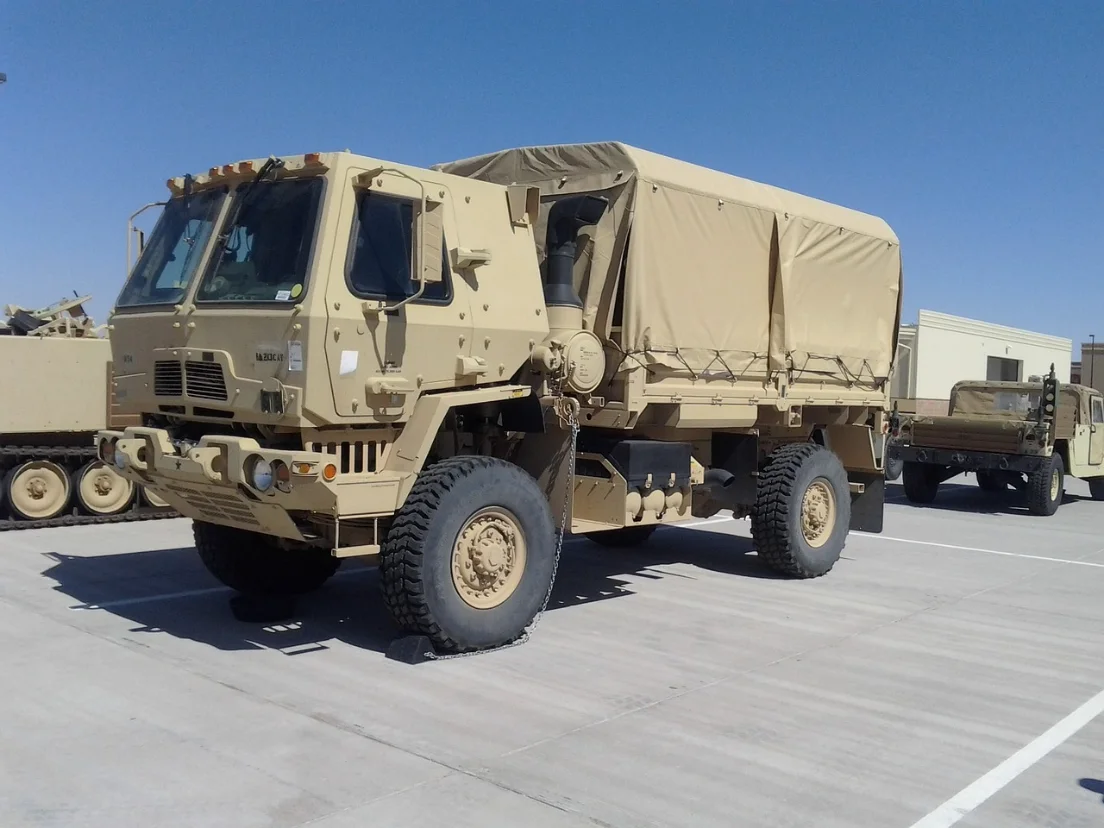In Djibouti, there’s been some talk among various African nations about regretting their decision to let the Russian paramilitary group known as the Wagner Group operate within their borders. According to current and former U.S. military and defense officials, the Biden administration is trying to take advantage of the current situation to stop Wagner’s activities.
Recently, U.S. defense and military representatives have been in discussions with officials from several African countries. These conversations have revealed growing dissatisfaction with Wagner due to concerns about human rights violations and the targeting of innocent civilians. Wagner has a significant presence in countries like the Central African Republic, Mali, and Libya, and they’ve also sent advisors and liaisons to other places, including Sudan and Mozambique. The Russian mercenary group’s presence serves as a means for the Kremlin to expand its influence in Africa, all while claiming to fight terrorism.
As one senior U.S. defense official mentioned, “We’ve had countries approach us, expressing their reluctance to rely on Wagner. They’re noticing problems with Wagner’s presence. There’s a growing realization that, at the very least, this is a double-edged sword and, at worst, it’s causing more harm than good for the countries that allowed Wagner in.”
While Wagner initially took advantage of the chaos caused by coups in the Sahel region, their expansion has been inconsistent since they played a major role in supporting Mali’s military government and pushing out the UN peacekeeping mission. Wagner, led by Yevgeny Prigozhin until his passing in August, has recently tried to broaden its activities in Burkina Faso. They also made efforts to exploit the overthrow of President Mohamed Bazoum in Niger by a military junta but were unsuccessful in entering Chad and increasing their influence in Sudan’s ongoing conflict involving rival military leaders.
One group that now regrets allowing Wagner forces in is the eastern Libyan faction led by the warlord Khalifa Haftar. According to Stephen Townsend, a retired four-star Army general who headed U.S. Africa Command until last year, Haftar’s deputies have privately conveyed their remorse to the United States regarding hosting Wagner forces. Wagner’s involvement in counterterrorism efforts in Mali and Libya has proven ineffective and has been linked to serious violations such as disappearances, mass killings, and other grave abuses.
Experts are concerned that, despite African governments and opposition groups expressing regret to U.S. officials for allowing Wagner’s presence, some organizations like the Sudanese Armed Forces and the Malian opposition are using these concerns to gain more support from the Biden administration.
John Lechner, an analyst based in Washington with insights into Wagner, explained, “Unless they’re presented with a viable alternative, these African groups won’t simply abandon Wagner. These guys are skilled at managing external interests.”
Following the death of Prigozhin earlier this summer, Russian military delegations have visited African countries to gauge the Kremlin’s potential activities in the region. As mentioned by the senior U.S. defense official, this effort, often seen as a way to exert influence, has been mainly coordinated by Russian Deputy Defense Minister Yunus-bek Yevkurov. Yevkurov even traveled to Libya recently in response to the significant damage caused by deadly floods.
The death of Prigozhin has prompted the Russian government to consider rebranding the Wagner Group. This could allow them to continue their operations with a new name, avoiding the negative public image associated with the old name. It might also provide a way for the Kremlin to deploy mercenaries in countries like Burkina Faso, which U.S. officials believe Russia has been interested in for a while.
John Lechner pointed out, “This could create an opportunity for foreign intervention without the baggage of the Wagner name. However, it’s essentially the same people.”
While Wagner’s leadership structure is somewhat decentralized, U.S. officials believe that it remains intact after Prigozhin’s death. Prigozhin, who was once an ally of Russian President Vladimir Putin, had become critical of the Kremlin’s actions in the Ukraine conflict and later attempted a coup in June. Despite Prigozhin’s occasional visits to Africa, he and his deputy Dmitry Utkin were the masterminds behind Wagner’s operations on the continent.
As General Townsend pointed out, “These individuals were well-informed about every significant move.”
Regarding the Wagner Group’s future, U.S. Defense Secretary Lloyd Austin, during his visit to Djibouti as part of a tour of Africa, mentioned that the group can probably manage itself for the short term without Prigozhin. However, he emphasized that it can’t do so in the medium to long term without support from Russia.
Austin explained, “Their leadership has been removed, and I believe we’ll see some internal competition to determine the next leader.”
The United States hasn’t yet determined whether Russian President Putin has decided to continue using Wagner as an unofficial extension of the government, incorporate it into the regular military or defense ministry, or dissolve it altogether. The mercenary group’s activities in Africa provided a cost-effective way for Russia to influence strategically important nations without officially involving regular Russian forces.
Currently, the leadership of the Wagner Group remains mostly unchanged. Vitali Perfilev and Dmitry Sytii are still involved in managing resource concessions like gold, diamonds, and timber in the Central African Republic. They’re even overseeing a Wagner-branded beer label. On the other hand, Ivan Maslov faced U.S. Treasury Department sanctions for his role in managing the group’s activities in Mali. Wagner combines its supposed security operations with a desire to exploit local resources.
According to Lechner, the group can sustain itself financially for a while using its own networks but would eventually require assistance from the Russian government to maintain military equipment, ammunition, and other essential supplies.
The challenge for the United States lies in the fact that it doesn’t have much to offer African nations in exchange for cooperation. This is particularly true as some long-standing European partners, like France, reduce their presence in African countries. U.S. Africa Command is already engaged in training local fighters in places such as Somalia, and coups continue to occur across Africa. This means that despite its flaws, the Wagner Group still holds appeal for regimes that struggle to maintain their grip on power.
As General Townsend put it, “I can tell you who hasn’t grown tired of Wagner – dictators. Despots still see Wagner as the guarantor of their rule.”





